These are the critical aspects you should evaluate when launching your podcast:
- Niche — Choose a specific topic or theme that interests you and has an audience. Narrowing down your focus helps attract a dedicated listener base.
- Equipment — Invest in a good-quality microphone, headphones, and recording and editing software.
- Location — Set up a quiet, soundproof space for recording to minimize background noise.
- Podcast hosting — Choose a reliable podcast hosting service to upload and distribute your episodes.
- Distribution platforms — Submit your podcast to major platforms like Apple Podcasts, Spotify, Google Podcasts, and Stitcher.
- Register your business — A limited liability company (LLC) is the best legal structure for new businesses because it is fast and simple. Form your business immediately using ZenBusiness LLC formation service or choose one of the top services available.
- Legal business aspects — Register for taxes, open a business bank account, and get an EIN.
- Social media — Promote your podcast on social media channels to reach a wider audience.
- Monetization — Consider different monetization options such as sponsorships, crowdfunding, and merchandise.
- Learn from entrepreneurs who run a successful podcast:
Interactive Checklist at your fingertips—begin your podcast today!
Download Now
1. Is a Podcast Business Right for You?
Pros and cons
Starting a podcast has pros and cons to consider before deciding if it’s right for you.
Pros
- Good Times – Making a podcast can be a ton of fun
- Entertain – Create engaging content that makes people’s day
- Flexibility – Work from home on your own time
Cons
- Delayed Revenue – Building a following & monetizing takes time
- Crowded Market – Competition from countless other podcasts
Podcast industry trends
Industry size and growth
Trends and challenges
Trends in the podcast industry include:
- User experience, or UX, is becoming a focus for podcasts. This means using data from surveys and analytics to create content aimed at the target audience.
- Live, rather than recorded, podcasts are becoming more popular, offering greater freshness.
Challenges in the podcast industry include:
- Podcasts are more difficult for internet search engines to pick up than web pages, making it difficult for podcast creators to get found in searches.((https://www.semrush.com/blog/podcast-stats/))
- The rising popularity of podcasts means that more people are trying to get in on the action, making the podcast industry more competitive.
Popular types of podcasts
How much does it cost to start a podcast business?
Startup costs for a podcast range from $3,500 to $8,000. Costs include a computer and your other equipment.
You’ll need a handful of items to successfully launch your podcast business, including:
- A computer
- An XLR or USB microphone
- Mixer
- Pop filter or windscreen
- Headphones
- Microphone stand
- Acoustic treatments
- Recording and editing software
- Podcast hosting provider
| Start-up Costs | Ballpark Range | Average |
| Setting up a business name and corporation | $150 - $200 | $175 |
| Business licenses and permits | $100 - $300 | $200 |
| Insurance | $100-$300 | $200 |
| Business cards and brochures | $200 - $300 | $250 |
| Website setup | $1,000 - $3,000 | $2,000 |
| Computer and equipment | $2,000 - $4,000 | $3,000 |
| Total | $3,550 - $8,100 | $5,825 |
How much can you earn from a podcast business?
Your income will depend on your podcast downloads. You’ll only be able to attract advertisers when you get a large following of listeners. Advertisers generally pay $20 to $30 per ad per 1,000 downloads, so if you have an ad in an episode that gets 100,000 downloads, you’d make around $2,500. Your profit margin will be high, around 90%.
In your first year or two after you’ve gotten to a certain volume of listeners, you could do two episodes per month, bringing in $60,000 in annual revenue. This would mean $54,000 in profit, assuming that 90% margin. If you start doing weekly episodes, those numbers will double. With annual revenue of $120,000, you’d make a tidy profit of $108,000.
If you do affiliate or merchandise sales, you’ll make even more.
What barriers to entry are there?
There are a few barriers to entry for a podcast. Your biggest challenges will be:
- Creating unique and engaging content that will attract listeners
- The competition from a large number of other podcasts
2. Define Your Show’s Purpose
Selecting the right niche for your podcast is crucial. It’s not just about picking a subject—it’s about finding your unique angle within that subject. Here’s what you should consider:
- Passion and Expertise: Choose a topic that you are passionate about and knowledgeable in. Your enthusiasm will be infectious, and your expertise will lend credibility to your podcast. Remember, authenticity is key in podcasting.
- Depth of Content: Ensure your chosen niche has enough substance for long-term exploration. Aim for a theme that can sustain at least 100 episodes. This demonstrates commitment and helps in building a loyal listener base.
- Uniqueness: Evaluate the uniqueness of your topic. While popular topics have a ready audience, niches with less saturation can offer a unique space to stand out. Don’t shy away from niching down further to cater to a specific audience.
- Adaptability: Be prepared to evolve your focus as you grow. Feedback from listeners and ongoing trends may influence the direction of your podcast.
Understanding Your Audience
Knowing your audience is just as important as knowing your subject. Here’s how to get a clear picture of your listeners:
- Audience Demographics: Identify the age, gender, location, and interests of your potential audience. Are they young professionals, hobbyists, or students? Understanding who they are will guide your content and presentation style.
- Listener Interests: What does your audience want to hear about? Conduct surveys, engage in social media groups related to your topic, or explore forums to understand their interests and pain points.
- Engagement Preferences: Are your listeners looking for in-depth analysis, practical advice, or entertainment? Knowing this will help you structure your episodes effectively.
Your target market will depend on your podcast content. For example, if you’re trying to attract a younger audience, you can market your podcast on TikTok or Instagram.
Read our interview with Garret to discover the thrilling world of dinosaurs and the secrets behind his successful podcast!
3. Find the Perfect Name
Selecting the right name for your podcast is a crucial step in establishing its identity and appeal. Your podcast name is often the first impression potential listeners have, so it needs to be memorable, relevant, and engaging. Here’s how to go about it, drawing from your initial thoughts and adding further insights:
- Relevance to Content and Theme: As you mentioned, the podcast name should have a clear connection to your content. For niche-specific podcasts like true crime, a descriptive title like “Turn of the Century Murder” immediately tells listeners what to expect. This clarity can be particularly effective for attracting an audience specifically interested in that niche.
- Consider the Scope of Your Podcast: If your podcast covers a broad range of topics or is more conversational, like interview podcasts, a catchy or intriguing name can be more effective. Titles like “WTF with Marc Maron” or “Smartless” pique curiosity and stand out, though they may not immediately reveal the podcast’s content.
- Memorability and Simplicity: A good podcast name should be easy to remember and simple to spell. Avoid overly complex words or phrases that might be hard for listeners to recall or search for.
- Uniqueness and Branding: Check that your chosen name isn’t already in use. A unique name helps in creating a distinct brand for your podcast and aids in easier searchability. Tools like podcast directories or a simple internet search can help verify this.
- Future-Proofing: Think long-term. If you plan to expand your podcast’s scope or change its direction in the future, a more general name might serve you better than a highly specific one.
- SEO and Keywords: Including relevant keywords in your podcast name can improve its discoverability in search engines and podcast platforms. For instance, including terms like ‘true crime’, ‘comedy’, or ‘interviews’ can help potential listeners find your podcast when searching for those topics.
- Audience Feedback: Sometimes, it’s helpful to run your name ideas by a group of potential listeners or peers. They can provide insights into how catchy, appealing, or relevant your chosen name is.
- Legal Considerations: Ensure the name doesn’t infringe on any trademarks. A quick check on trademark databases can save you from potential legal issues down the line.
- Domain Availability: If you plan to have a website or blog for your podcast, check if the domain name corresponding to your podcast name is available using Domain Search Tool below.
Find a Domain
Powered by GoDaddy.com
4. Technical Setup
Mastering the technical setup is key to producing a high-quality podcast. Here are the essential equipment and techniques that will ensure your podcast sounds crisp, clear, and professional.
Equipment Essentials
- Microphones:
- USB Microphones are a great starting point for beginners. The Blue Yeti or Audio-Technica ATR2100x-USB are popular choices for their ease of use and quality.
- XLR Microphones offer higher quality and are ideal for more serious podcasters. The Shure SM7B is a renowned choice among podcasters for its rich, clear sound.
- Headphones:
- Closed-back headphones are preferred for recording as they prevent sound leakage. The Sony MDR-7506 is a reliable and affordable option.
- For editing, headphones with a flat frequency response, like the Sennheiser HD280PRO, are ideal for accurate sound reproduction.
- Recording Software:
- Audacity: A free, open-source software that is perfect for beginners due to its simplicity and availability on multiple platforms.
- Adobe Audition: Part of Adobe’s Creative Cloud, this software offers more advanced features and is suited for podcasters looking to invest more in their setup.
Editing Software
- GarageBand: Available for free on Macs, it’s user-friendly and offers a variety of plugins and effects suitable for podcast editing.
- Reaper: A budget-friendly option with a comprehensive range of features. It’s suitable for both beginners and more advanced users.
- Descript: This software offers a unique feature of editing audio via text – a great tool for beginners who might find traditional waveforms daunting.
Find a Podcast Host
You’ll need a podcast hosting site for your podcast audio files. Sites like Buzzsprout and others are free for a trial period and then you pay a fee, around $12 to $25 per month. You simply sign up and upload your podcast episodes. Some other podcast hosting platforms include:
5. Plan Your Content
Planning Your Initial Episodes
After defining your niche and understanding your audience, it’s time to plan your first few episodes:
- Topic List: Create a comprehensive list of topics for your initial episodes. Each topic should align with your niche and be of interest to your audience.
- Episode Outlines: Develop detailed outlines for each episode. This should include key points, potential questions (if interviewing guests), and a clear structure to ensure a smooth flow.
- Research and Preparation: Conduct thorough research on each topic to bring valuable and accurate information to your audience. If you’re interviewing guests, research their background and craft questions that will lead to insightful conversations.
- Pilot Episode: Consider recording a pilot episode first. This can be used to gather feedback from a select group of listeners and make adjustments before officially launching your podcast.
Design a Format
Your format is the length of your episodes and the layout and style in which they are presented.
When determining the length, make sure that you have enough engaging content to fill that amount of time. You don’t want to lose someone’s attention in the middle. There is no ideal length of a podcast, so the length will just be based on what you’re talking about.
Keep in mind, you could have a podcast that varies considerably in length, from 26 minutes one episode to 53 minutes in the next. That’s fine — as long as the content is strong.
The style of your podcast could be interviews, talking with a co-host, or just you performing or presenting information.
The layout is how the actual podcast is structured. It might look something like this:
- Attention grabber
- Intro music and welcome
- Interview/episode
- Call to action; “follow us on Twitter”
When you get to a certain level of viewers, you’ll also need room for ad space since that’s one of the ways you can make money.
Create Cover Art
Your cover art is what people will see when scrolling through the podcast directory, so it should be engaging. You can find a freelance designer to help you or you could use a design site like Canva.
Choose Your Music
If you want to have intro music, try to use something that will appeal to your target audience. You’ll just want short clips of music so that it doesn’t overshadow your podcast content.
Record Your First Episode
Using the equipment and software you purchased, it’s time to start the show! Here are a few software options:
Garage Band is another option that’s free.
Most podcast software also will allow you to edit your podcast as well.
Recording Quality
- Room Acoustics: Record in a quiet, carpeted room to minimize echo. You can use acoustic foam or even blankets to dampen sound reflections.
- Microphone Technique: Speak about 6 inches away from the microphone. Using a pop filter can help reduce plosives (hard ‘P’ and ‘B’ sounds).
- Gain Settings: Adjust the microphone gain to avoid peaking (too loud) or being too quiet. Aim for your voice to hit around -12 dB to -6 dB on the recording software’s meter.
- Consistent Environment: Try to record in the same environment each time to maintain audio consistency across episodes.
6. Build Your Audience
Effective Strategies to Promote Your Podcast
Discover and implement effective strategies to amplify your podcast’s reach and attract a broader audience.
- Social Media Promotion: Utilize platforms like Twitter, Instagram, and Facebook to share your podcast. Create engaging content that teases episode highlights, shares quotes, or offers behind-the-scenes glimpses.
- SEO for Podcasts: Optimize your podcast description and website content with relevant keywords to improve discoverability on search engines and podcast directories.
- Email Marketing: Build an email list and send regular updates about new episodes, exclusive content, or upcoming interviews to keep your audience engaged.
- Collaborations and Cross-Promotions: Partner with other podcasters or influencers in your niche for cross-promotion. Guest appearances on other podcasts can also broaden your audience.
- Paid Advertising: Consider using paid ads on social media or podcast platforms to reach a wider audience. Target your ads to listeners who are interested in your podcast’s genre.
Submit to Directories
Submit your podcast to as many podcast directories as you can. Start with popular platforms like Apple Podcasts, Spotify, Google Podcasts, and Stitcher, and then explore niche or demographic-specific directories.
Ensure your podcast features consistent branding, including a high-quality logo and a compelling description, across all platforms. Optimizing your podcast title and description with relevant keywords can enhance discoverability. Regularly update your content on these platforms and use their analytics to understand your audience better.
Engaging With Listeners
Foster a strong connection with your audience by actively engaging with them and incorporating their feedback into your podcast.
- Interactive Social Media Presence: Engage with your audience on social media by responding to comments, conducting polls, and asking for feedback on episode topics.
- Listener Surveys: Conduct surveys to understand what your audience likes or wants to see improved. This can guide future episode content and formats.
- Incorporating Listener Voices: Feature listener questions, comments, or stories in your episodes to create a more interactive experience.
- Newsletter Engagement: Use newsletters to share personal stories, insights, and sneak peeks into upcoming episodes to build a deeper connection with your listeners.
Networking
Expand your influence and enrich your podcast’s content through strategic collaborations and networking within the podcasting community.
- Guest Appearances: Invite guests who can provide valuable insights and new perspectives to your podcast. This not only enriches your content but can also attract the guest’s audience.
- Podcast Communities: Join podcasting groups or forums to network, share experiences, and collaborate on projects or promotional activities.
- Networking Events: Attend podcasting meetups, conferences, and workshops to build relationships with other podcasters and industry professionals.
- Online Collaborations: Engage in joint online events like webinars or live-streams with other podcasters to cross-promote content and share audiences.
7: Monetize Your Podcast
It will take some time to get your podcast to the level of listeners that you’ll need to start making money, but once you get to that point, there are several ways to monetize your podcast.
- Affiliate Marketing – With affiliate marketing, you get a commission by referring people to other companies. You’ll need to set up a relationship with these companies, and then you’ll mention the product or service in your podcast. You’ll provide a link on your podcast dashboard that listeners can click on to purchase the product. Be sure to also include the links on your website. A site like ShareASale is a great way to build affiliate relationships.
- Advertising – Companies will pay to place ads in your podcasts. You can approach companies directly, or you can use an ad network such as Division-D or Advertise Cast. The products advertised should be related to your content or of interest to your target audience.
- Sell Products – You can use your podcast to sell your own products or promote another business that you have. You could also make merchandise with your podcast branding and sell that to customers.
8. Hire a Team
If you’re starting out small from a home office, you may not need any employees. But as your business grows, you will likely need workers to fill various roles. Potential positions for a podcast business include:
- Co-Hosts – participate in podcast episodes
- General Manager – scheduling, accounting
- Marketing Lead – SEO strategies, social media
At some point, you may need to hire all of these positions or simply a few, depending on the size and needs of your business. You might also hire multiple workers for a single role or a single worker for multiple roles, again depending on need.
Free-of-charge methods to recruit employees include posting ads on popular platforms such as LinkedIn, Facebook, or Jobs.com. You might also consider a premium recruitment option, such as advertising on Indeed, Glassdoor, or ZipRecruiter. Further, if you have the resources, you could consider hiring a recruitment agency to help you find talent.
9. Hit Record and Start Earning!
Podcasts are all the rage, with all kinds of people listening and creating them for fun or business. In a few years, it’s anticipated that 160 million Americans will be listeners. If you have an innovative concept for a podcast or valuable information you want to share, you could ride the podcast wave to serious success!
You know what to do now, so it’s time to hit the record button and get your successful podcast started.
Frequently Asked Topics
Can I make money from a podcast?
You can make money from a podcast through affiliate relationships, advertising, and even selling merchandise. You’ll just have to get a large following to achieve profitability.
What software can I use to make a podcast?
A few recording and editing software options for podcasts include Riverside, Restream, and Zencastr.
How do I start a podcast with no experience?
To start a podcast with no experience, begin by defining your podcast’s topic and target audience. Research and invest in basic podcasting equipment, such as a microphone and headphones. Choose a reliable podcast hosting platform to upload and distribute your episodes.
How long should a podcast be?
The ideal length of a podcast episode depends on your content and target audience. Generally, most podcasts range from 20 minutes to an hour. However, shorter episodes of 15-30 minutes can be more suitable for specific topics or niche audiences, while longer episodes may work for in-depth interviews or storytelling formats.
How many listeners do you need to make money on a podcast?
To attract advertisers, you typically need thousands of downloads per episode. However, alternative methods like crowdfunding, merchandise sales, or offering premium content can generate income with a smaller, dedicated listener base.
Do you get paid for Spotify podcasts?
Yes, you can get paid for Spotify podcasts. Spotify offers monetization options for podcasters through its Spotify for Podcasters program. By meeting certain criteria and signing up for their advertising platform, you can monetize your podcast by inserting ads into your episodes.
How many episodes does it take to start a podcast?
There is no set number of episodes required to start a podcast. You can technically start with just one episode. However, having multiple episodes already recorded and ready for release can help create a consistent schedule and build momentum.
What is the easiest platform to start a podcast?
Anchor is a popular choice as it provides a user-friendly interface and handles hosting, distribution, and analytics for free. Other beginner-friendly platforms include Buzzsprout and Podbean, which offer comprehensive features and support for podcasters at various skill levels.
What topics or themes can I explore in my podcast?
The topics or themes you can explore in your podcast are virtually limitless. You can choose a broad subject area like technology, health, or personal development, or focus on niche interests like true crime, history, or specific hobbies.
Is podcast profitable?
Podcasting can be profitable, but success and profitability vary greatly depending on factors like niche, audience size, monetization strategies, and engagement. Many podcasters generate revenue through advertising, sponsorships, crowdfunding, merchandise sales, or Patreon subscriptions.
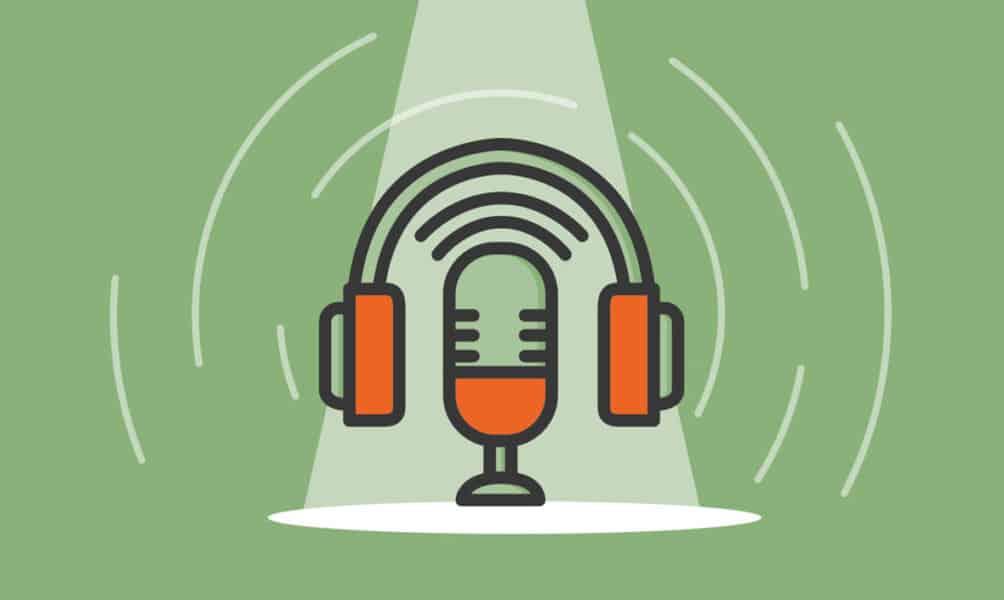
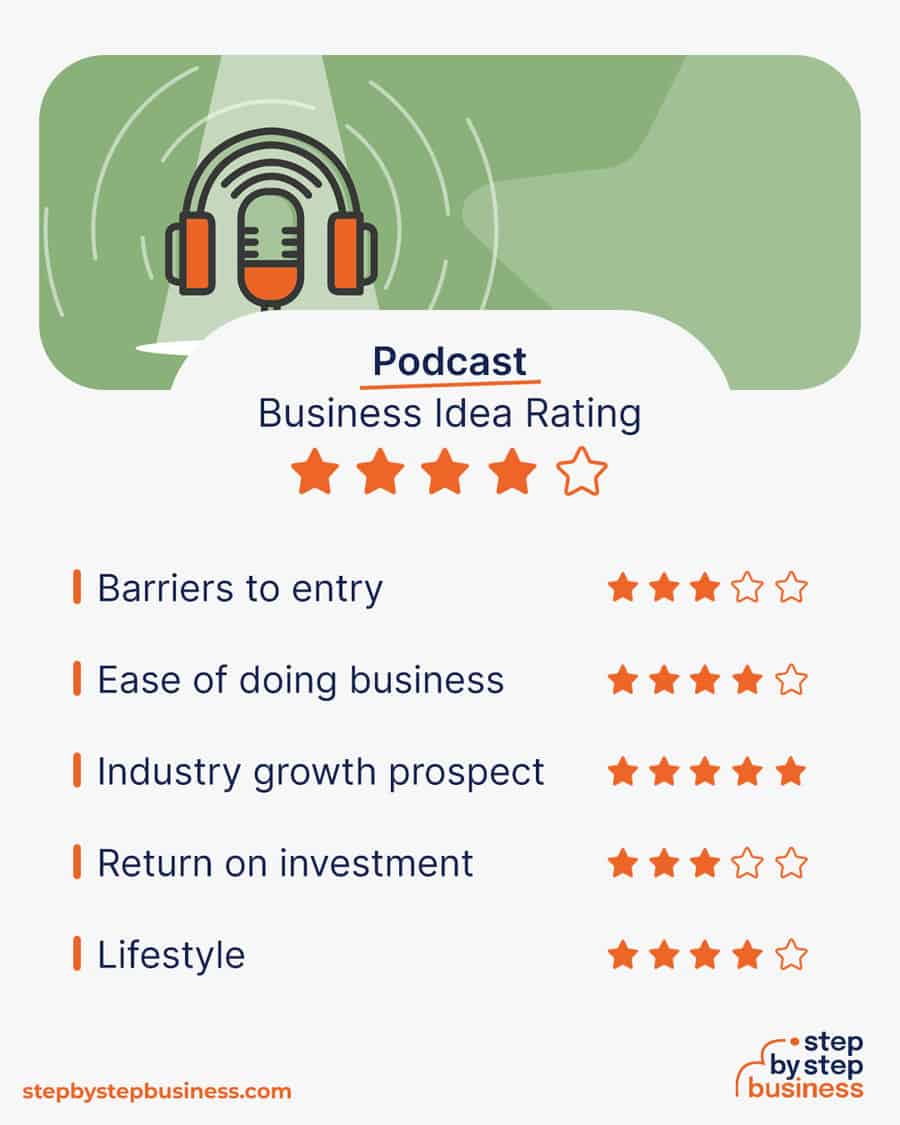
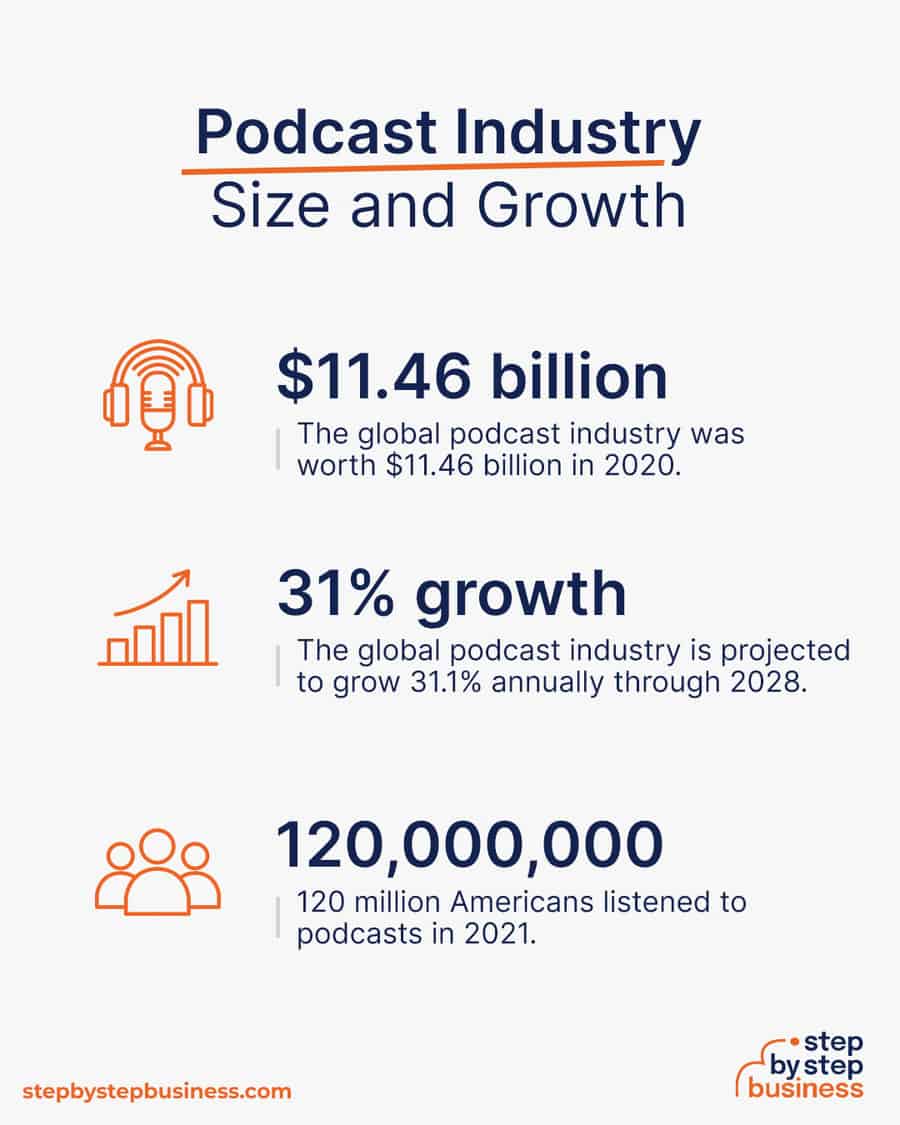
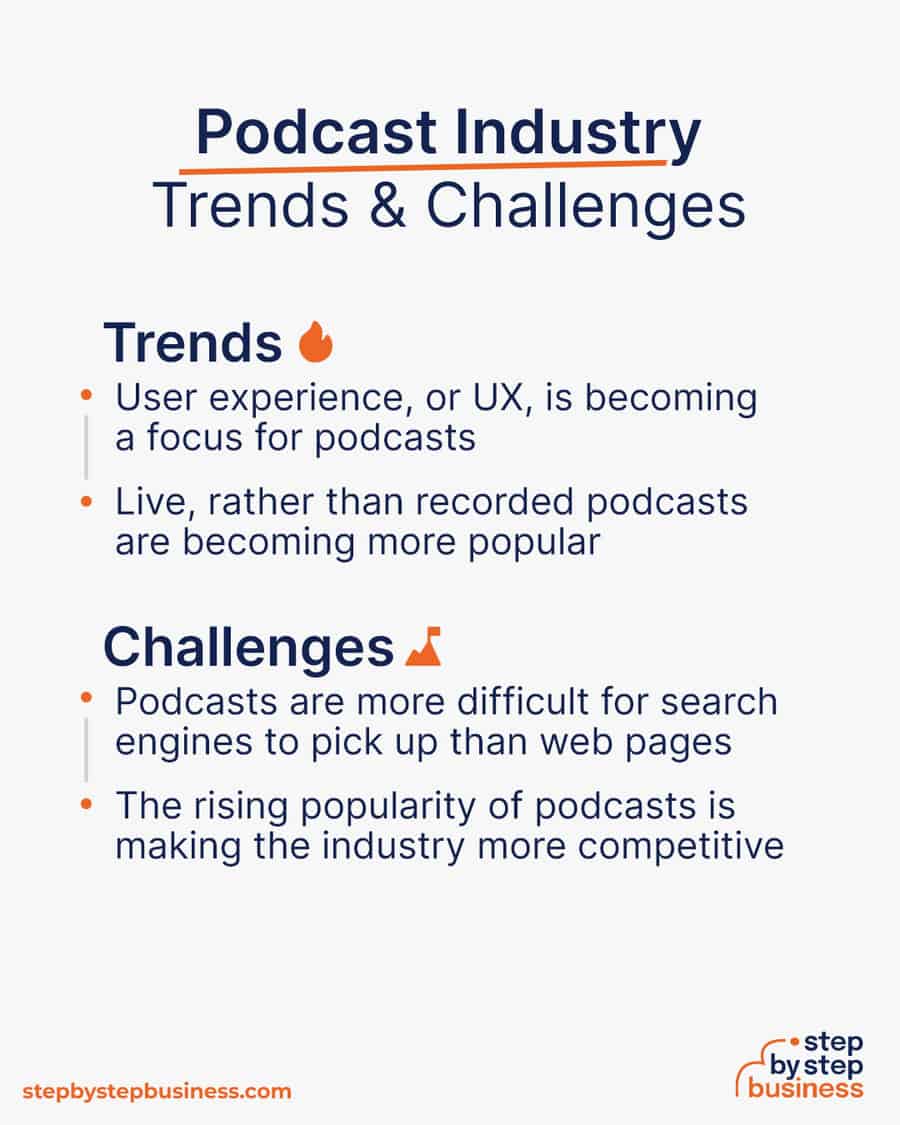
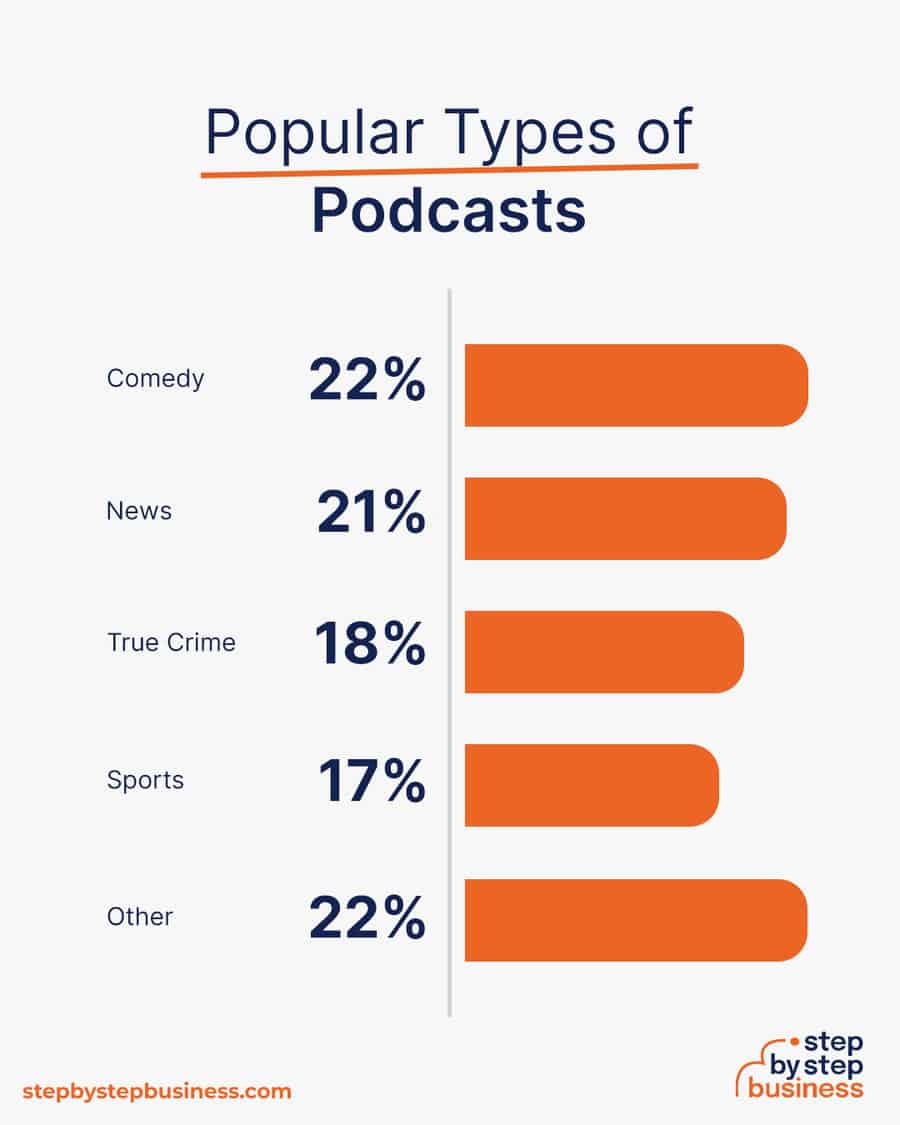
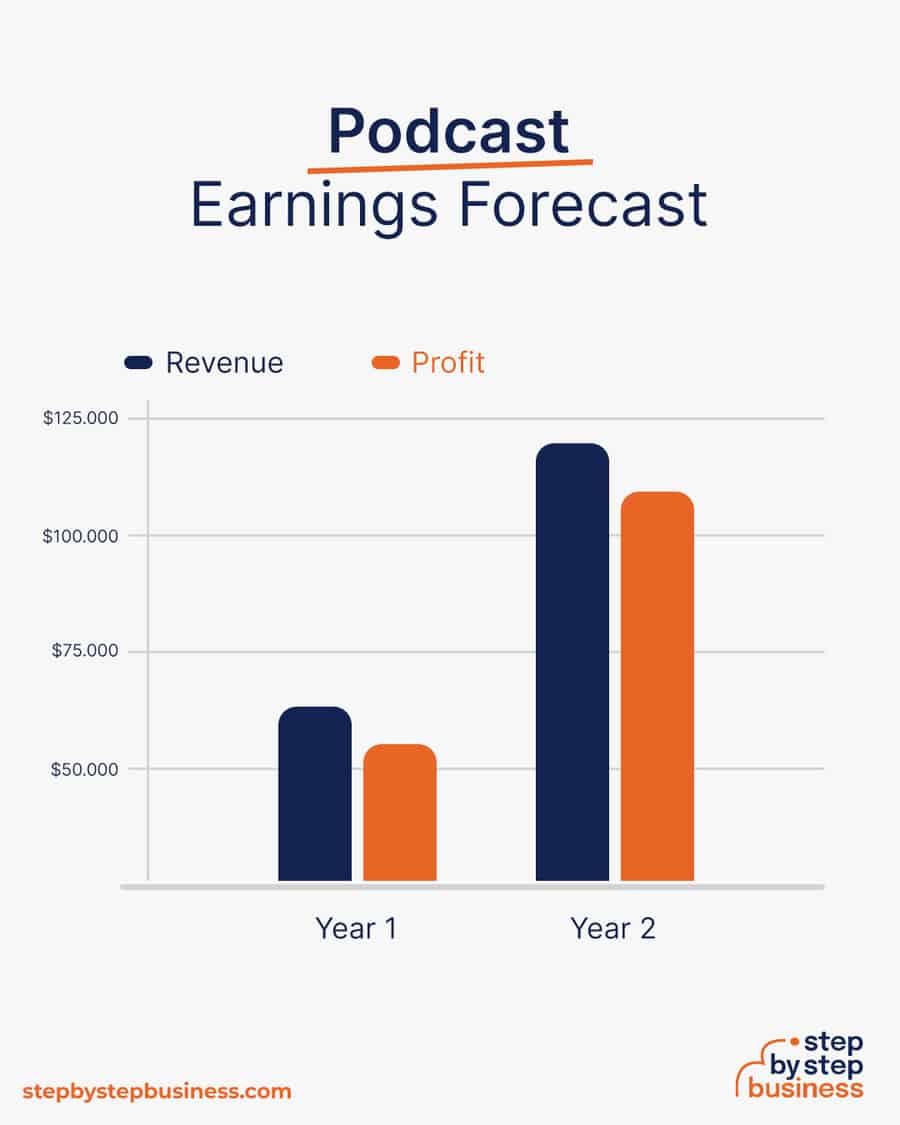
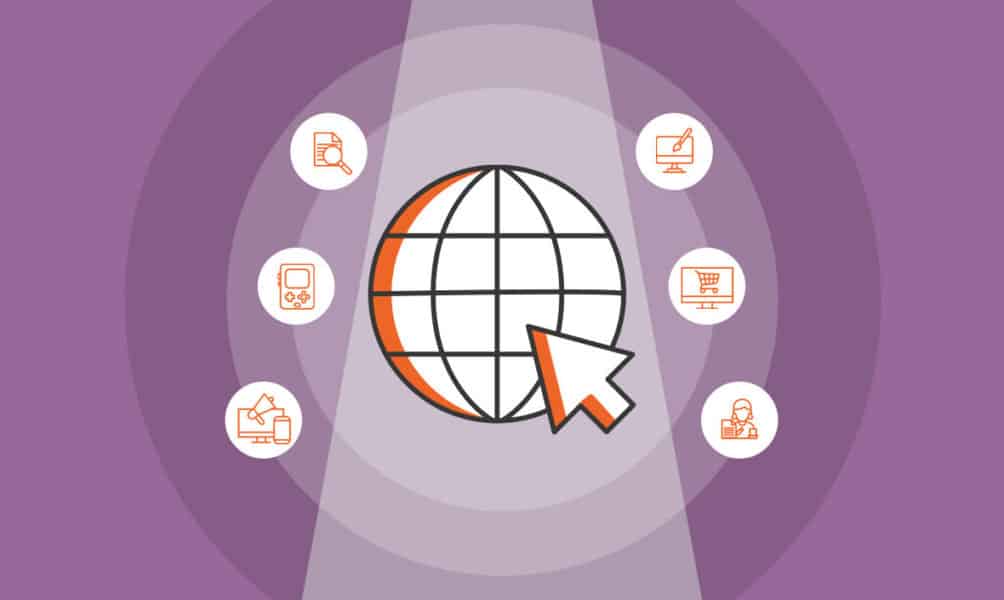
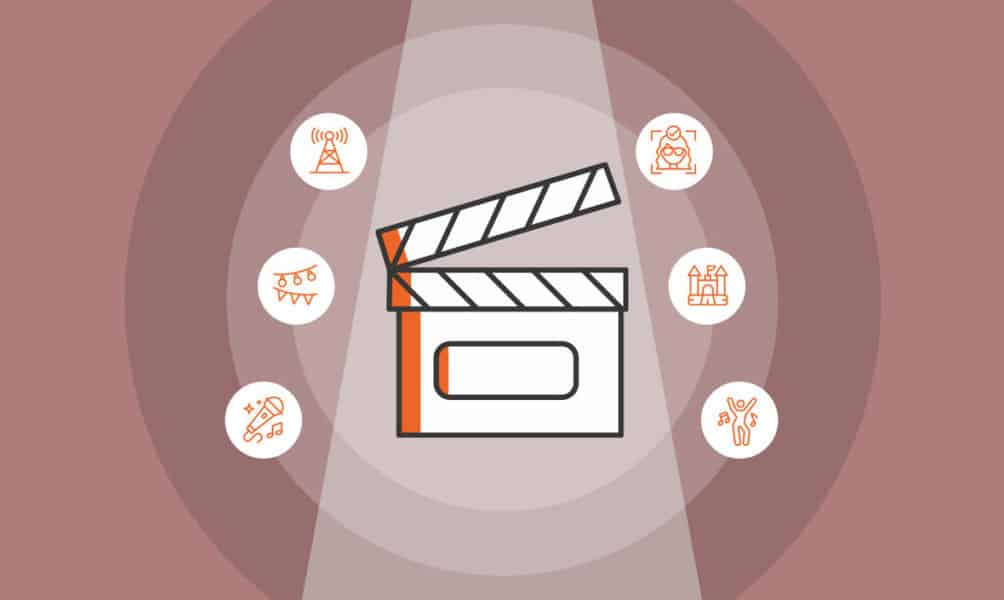
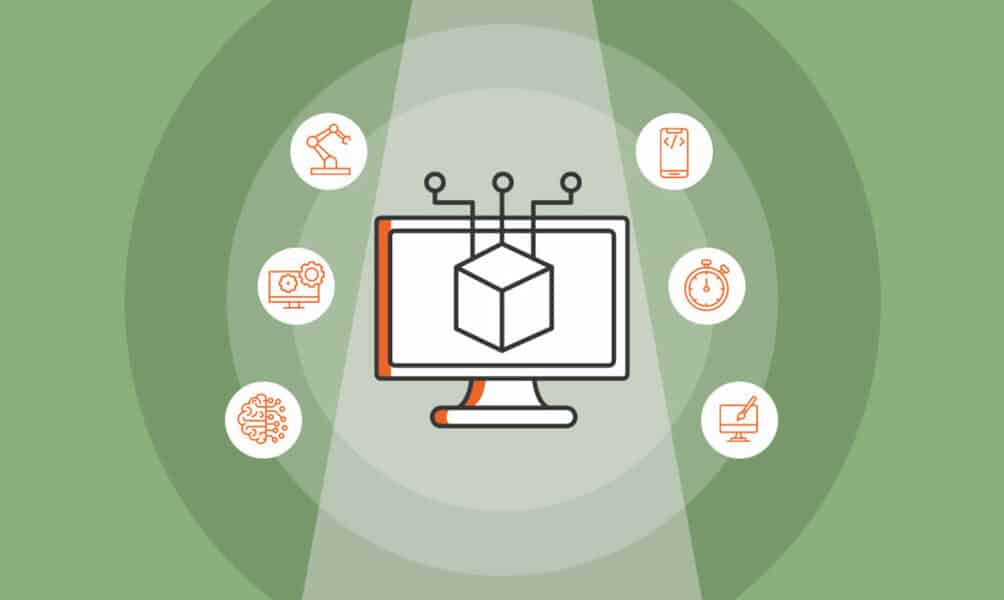
Comments